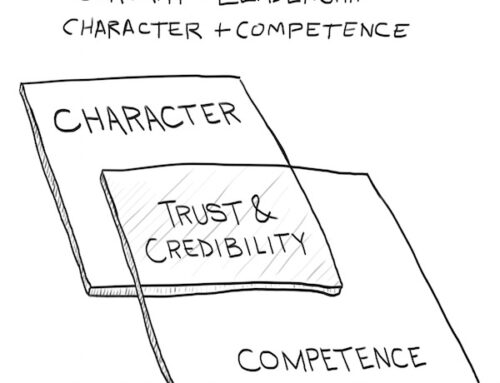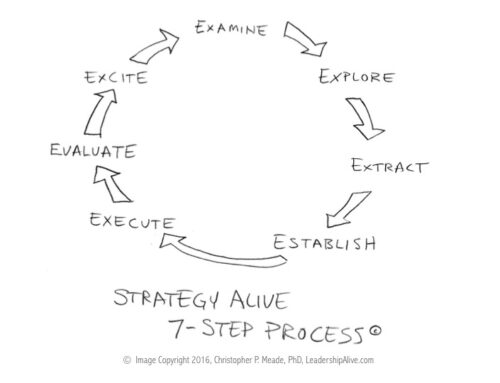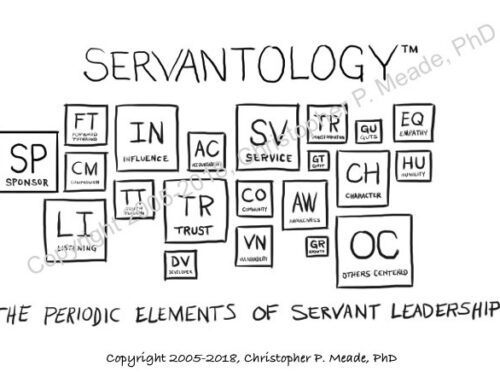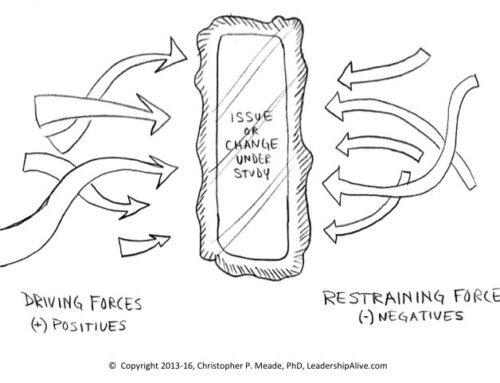Overcoming Learning Stagnation: Randomization
Overcoming Learning Stagnation: The Practice Of Randomization
The act of intentionally randomizing life helps us from getting stuck in our routines. Changing the environment, breaking up old patterns, and being exposed to new contexts fuels new learning. New learning increases capacity. We can all get in boxes very quickly and live our whole lives out of them. Most people gravitate to a life that’s comfortable, familiar, and routine-based. So, to prevent learning stagnation we must choose to intentionally create random rituals that randomize and break up the patterns of life. This helps us stay open to new ideas, people, perspectives, and experiences. Different kinds of experiences and environments, coupled with intentional reflection surrounding the learning process, accelerate learning. This is because these experiences and environments cause different kinds of reactions and responses within us. Randomization helps stretch our intellects, hearts, and spirits.
Pattern Breaking
Pattern breaking helps us stay open to things we would probably not naturally gravitate toward. For example, whenever my wife Mary and I go to a restaurant, I almost always try and order something new from the menu. Yes, this sometimes gets me in trouble and begging for some of her food, but it’s a randomizing ritual that I value in my life. Choose to put yourself outside of your comfort zone. Lifelong learners choose to stretch their thinking in order for new synapses or connections to form. Neuroscience has actually proven this to be true. New brain synapses form when we learn, unlearn, and innovate.
When we put ourselves in unfamiliar places, we expand our minds. When we break the patterns in our lives, we enlarge our perspectives. Experience a new culture. Learn outside your field. Read things you disagree with. Make friends with people who are very different than you. Try and get your head around diverse things and watch your learning skyrocket.
Benefits of Formal Learning
That’s also one of the reasons why I like formal learning (classrooms, workshops, seminars, coaching, etc.). One of the beauties of formal learning is that it pushes us into areas we wouldn’t necessarily go on our own. It is a kind of randomizing ritual. In formal learning, we are usually not in control of the curriculum, agenda, assignments, and readings. We often learn more in these settings because we’re being exposed to things, that in most cases, we weren’t even aware of or would have been attracted to in the first place. Formal learning forces us to interact in new ways with new people, new information, and with an opportunity for new application. That’s a rich and powerful learning environment.





